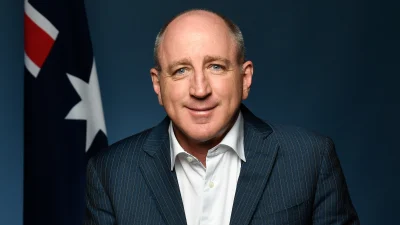Three-year responsibility period a huge impost


The three-year responsibility period flowing from the new Life Insurance Framework (LIF) represents a huge impost on risk-based practices and will see many leave the industry, according to Sentry Group managing director, Murray Hills.
While welcoming some of the outcomes from the LIF, Hills claimed Life Offices needed to treat it as a watershed event for the industry where new products, pricing and marketing are introduced to enhance the advice process.
In doing so, he cited products with a three-year premium guarantee and insurers needing to stand by their products and provide premium guarantees rather than reverting to the significant increases that now occured on an annual basis as examples.
"I do however strongly oppose the three-year responsibility period as it will be a huge impost on risk-based practices to carry and will see many leave the industry resulting in a vacuum of experience and knowledge that will adversely impact consumers in the long run," Hills said. "It is quite simply a contingent liability imposed on a business that many will find difficult to handle".
He said the impact of the implementation of LIF from January 2016 would impose financial pressures on poorly run businesses which would see them either departing the industry or expanding their advice pool, neither of which represented a sustainable long-term scenario for the industry.
Recommended for you
Policy and advocacy specialist Benjamin Marshan has left the Council of Australian Life Insurers after less than a year, having joined in March from the Financial Planning Association of Australia.
The declining volume of risk advisers meant KPMG has found a rising lapse rate for insurance policies arranged by independent financial advisers, particularly in the TPD and death cover space.
The Life Insurance Code of Practice has transferred from the Financial Services Council to the Council of Australian Life Insurers.
The firm has announced it will no longer be writing new life insurance policies in the retail advised and corporate group insurance channels, citing a declining market and risk adviser numbers.














